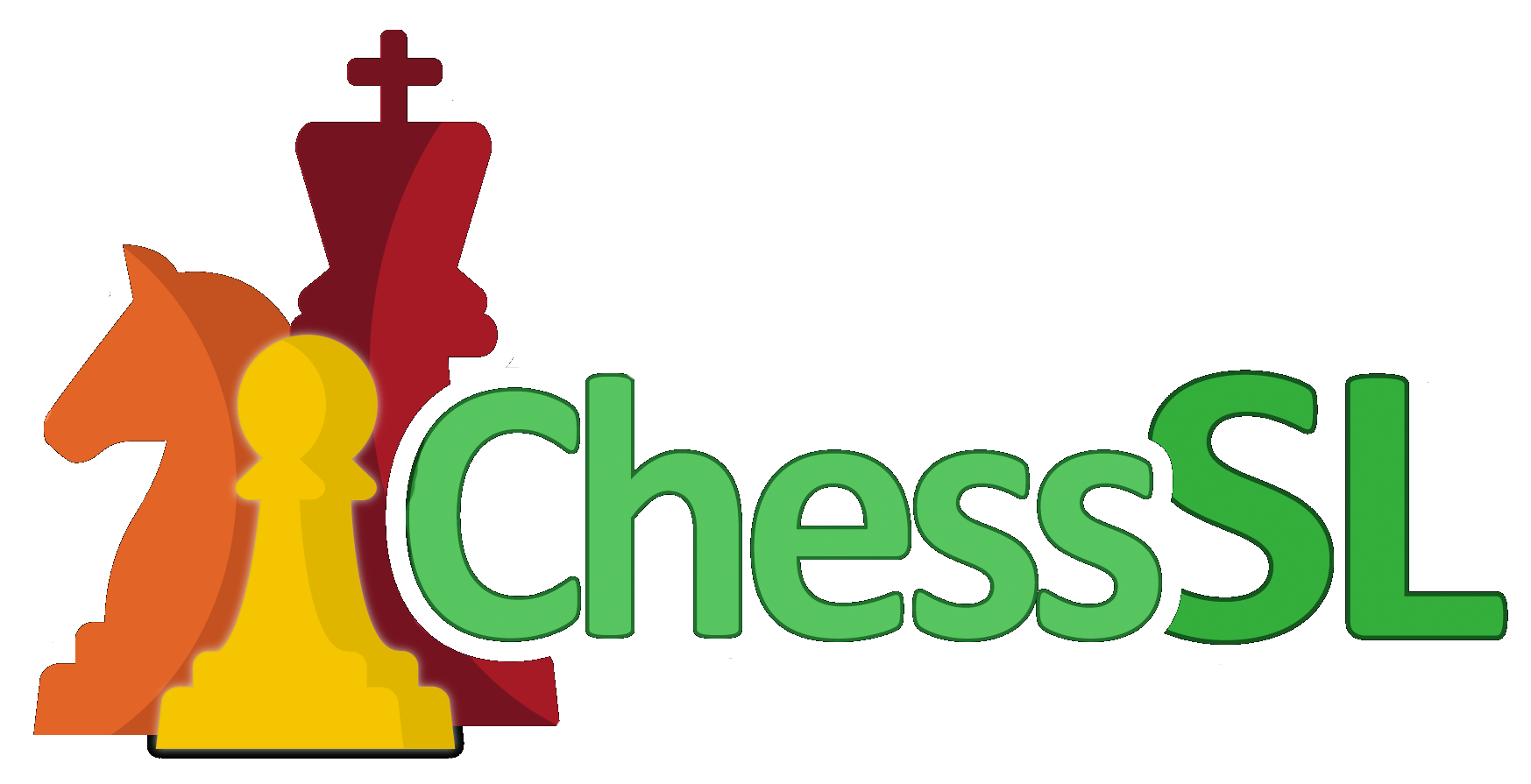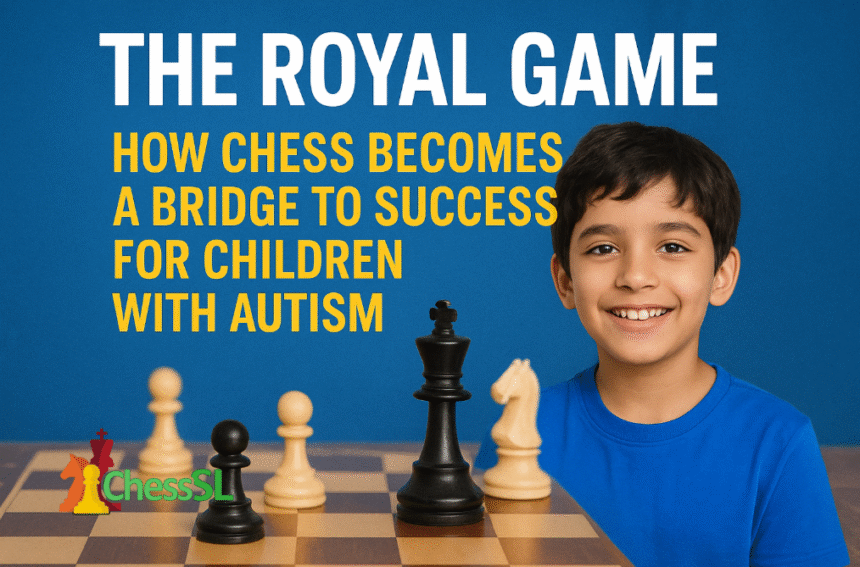In classrooms and community centers across our island nation, a quiet revolution is taking place. Children who once struggled to connect with the world around them are now finding their voice through 64 squares and 32 pieces. Chess, the ancient game of kings, is proving to be an unexpected ally for children with autism spectrum disorder.
More Than Just a Game
For many parents, discovering their child has autism can feel overwhelming. Questions flood in: How will my child learn? How will they make friends? How can I help them succeed? While there’s no single answer, chess is emerging as a powerful tool that addresses many of these concerns naturally and effectively.
Unlike loud, chaotic environments that can overwhelm sensitive children, chess offers a calm, structured world. The board never changes its layout. The rules remain constant. This predictability provides comfort for children with autism, who often thrive when they know what to expect.
Building Blocks of Success
Enhanced Focus and Attention
Children with autism sometimes struggle with attention, but chess has a unique way of capturing and holding their interest. When a child becomes absorbed in planning their next move, they’re actually practicing sustained attention – a skill that transfers beautifully to academic work and daily activities.
Social Skills in Action
One of the most remarkable aspects of chess is how it teaches social interaction without pressure. Players must take turns, follow rules, and respect their opponent – all fundamental social skills. The game creates a natural conversation starter: “Good move!” or “Want to play again?” These simple exchanges can be the beginning of lasting friendships.
Executive Function Development
Planning three moves ahead, considering consequences, and adapting strategies – these are executive function skills that many children with autism find challenging. Chess provides a fun, engaging way to practice these abilities repeatedly without it feeling like work.
Success Stories from Our Community
Teachers and parents from Galle to Jaffna consistently report remarkable changes in children who take up chess. Priya, a mother from Kandy whose 8-year-old son started playing chess last year, shares: “My boy was so shy, he wouldn’t even look at other children. Now he runs the chess club at his school and has made three close friends through the game.”
Special education teachers have noticed that children who play chess often show improved mathematical thinking, better problem-solving skills, and increased confidence in academic settings. The logical patterns in chess seem to create neural pathways that benefit learning across all subjects.
Starting the Journey
Getting started doesn’t require expensive equipment or extensive training. A simple chess set and basic rule knowledge are enough to begin. Many children with autism are visual learners, making chess’s concrete, visual nature particularly appealing.
Local libraries, community centers, and schools are increasingly offering chess programs welcoming to all children. Online platforms also provide opportunities to play and learn at a comfortable pace.
ChessSL’s Commitment to Inclusion
At ChessSL, we believe every child deserves the opportunity to discover their potential through chess. We’re proud to be at the forefront of creating awareness about chess benefits for children with autism and other learning differences. Through our specially designed programs and community outreach initiatives, we’re working to make chess accessible to families across the country.
Our awareness programs visit schools and community centers, training teachers and parents on how chess can support children with special needs. Stay tuned with us as we continue expanding these vital programs – because every child’s success story matters to us.
The Bigger Picture
Chess teaches patience in our instant-gratification world. It shows that making mistakes is part of learning – every chess player loses games, and each loss becomes a lesson. For children with autism, who may be particularly sensitive to failure, this gentle resilience-building is invaluable.
The game also celebrates different types of intelligence. A child who struggles with verbal communication might excel at seeing chess patterns. This success builds self-esteem and shows them they have unique strengths worth celebrating.
Creating Inclusive Communities
When we embrace chess as a tool for inclusion, we create communities where every child can succeed. Chess clubs that welcome children with autism often become more patient, understanding, and supportive for all members.
The beauty of chess lies in its democracy – it doesn’t matter if you’re neurotypical or neurodivergent, young or old, quiet or talkative. On the chessboard, everyone speaks the same language of strategy and skill.
As we continue to understand and support children with autism, chess stands out as more than entertainment – it’s a bridge to learning, friendship, and self-discovery. In those 64 squares lies a world of possibility, waiting for every child to explore.
Ready to introduce a child to the wonderful world of chess? ChessSL is committed to supporting every family on this journey. Follow our awareness programs and community initiatives as we continue building an inclusive chess community across Sri Lanka. Together, we can help every child discover their unique potential through the royal game.



